Creating Empowerment Through Food
A soon to be household name, Picha Eats is a social enterprise that aims to create a sustainable and equitable ecosystem for refugees in Malaysia through the one thing we can all relate to – food! Founded in 2016 by Lim Yuet Kim, Lee Swee Lin and Suzanne Ling, they provide boxed meals, catering, open house experiences and shelf products all produced by refugees. As a company, Picha Eats embodies what it means to be a responsible business. They work for profit, but do so in a way that is thoughtful to their community.
After working as teachers at a refugee learning centre, the three women noticed that many children had to drop out due to financial troubles. They sought a solution to empower the families of these children. Realising the value of empowerment as a crucial part in creating a sustainable business model; they wanted to create something that wasn’t about giving handouts, rather, about training individuals to be able to provide for themselves. On the most basic level, near or far, we are all connected by food. Especially in a country like Malaysia where food is a vital part of our culture and is seen as something so meaningful to many of us. Picha Eats goes further to make this connection even more meaningful by giving customers the opportunity to eat good food while also supporting a pervasive cause.
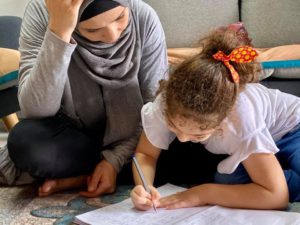
Social enterprises have a unique position in the economic market, they disrupt the traditional notions of business by tying in the community-serving nature of NGOs and non-profits with the traditional for-profit model. With Picha, by creating an empowerment-based system which is equitable, they are able to sustain both the refugees who work for them and the business itself. They are a business which is for the community and by the community. Their financial model works in a 50/50 way; if they make 1 million in a year, 500,000 goes right back to the refugee chefs who work and sell their products. So when it comes to bottom lines, they are focused on the finances and the numbers above all else because that’s how they measure their impact. If they are able to make enough to provide a liveable income for all their employees, then they’re hitting their goals.
Although they are a financially-minded business, their mission is rooted deep in changing the mindset and perception of refugees in Malaysia. To those of us who have access to the internet, higher education and reading materials, we are able to learn and understand more about the refugee crisis. But there are a lot of people in our country who do not have such access, and because of this there are many people who believe in notions like “all refugees live in camps” or “refugees want to be in Malaysia”. These can’t be further from the truth. What Picha tries to do to combat these perceptions is educate their community through stories of empowerment. They never frame their content around pity, it’s about showing that upliftment is possible and that it is important to focus on a narrative that exemplifies resilience. At the end of the day, being a company that works so closely with a hugely marginalised community, bringing awareness and rewriting the narrative is at the heart of what they do.
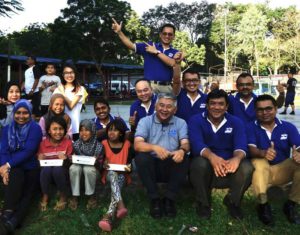
The Zaza Movement
The Zaza Movement is a project under Picha Eats where individuals can purchase meals to give to someone in need. This movement started in 2017 when one of the chefs – A Syrian man named Zaza – had gotten cancer. Two weeks before he passed, he spoke about how he wanted to cook chicken mandi and give it out to the people at the Mosque. Moved by this, the team started the Zaza Movement to do exactly this – bring good food to the communities who need it. During the MCO, many families struggled to put food on the table. Seeing this need, Picha worked to sponsor food for the B40 community and the front-liners. They managed to distribute 25,000 meals, had 293 meal sponsors and delivered to 31 locations. It is a truly beautiful message, to have refugees working hard to give back to a community that doesn’t always view them in a positive light. It is perception-changing, it is doing the right thing and it is putting the community first.
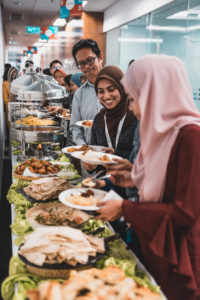
Picha Eats is a force to be reckoned with, throughout their four years of existence their growth has been extraordinary to watch. To date, they have managed to give back 2 million to their chefs. They started with just one chef making meals in her home, but have gone on to have been part of Urbanscapes, have a pop-up store at Ben’s Independent Grocer and even catered over 600 corporate functions. For a community that often struggles with making ends meet, this type of success and this type of recognition is extremely meaningful. Picha makes it possible for them to enter the economic market in Malaysia and earn a sustainable income, changing the pre-established rhetoric surrounding refugees. They’re not here to play, their hard work has made them on par with other Malaysian cafes, exemplifying that a business rooted in sustainable responsibility can exist in the same playing field as the more traditionally run businesses.
Picha stands out as one of the most successful social enterprises in Malaysia. They set an example as to how to make a business equitable, proving that working for a cause can be profitable. In this increasingly mindful society, we believe that businesses like this will come out on top. We look forward to seeing how Picha Eats will grow from this point forward, if it looks anything like the past 4 years – we’re in for a delicious treat!
Check out Picha Eats: https://pichaeats.com/




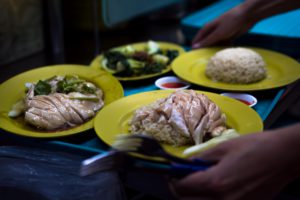
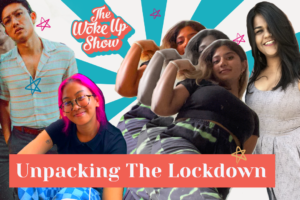


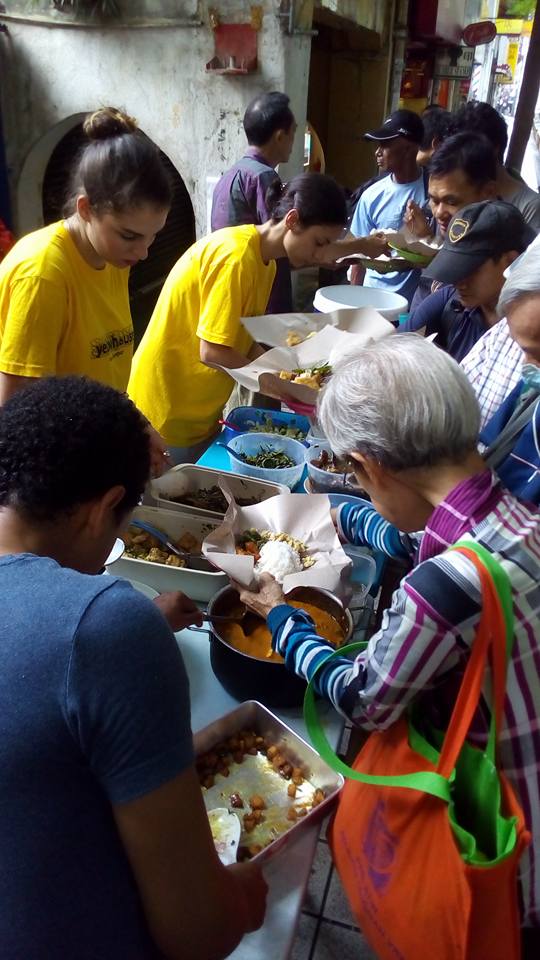 How long have you guys been around for?
How long have you guys been around for?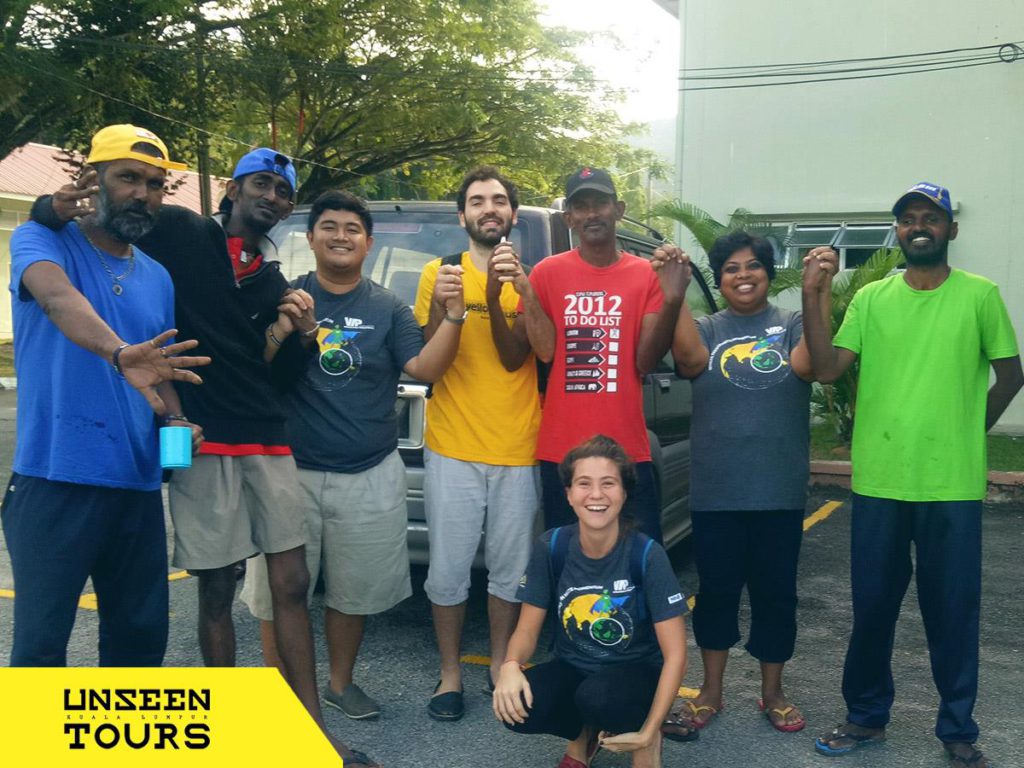 Why did you choose this cause to champion?
Why did you choose this cause to champion?



Recent Comments